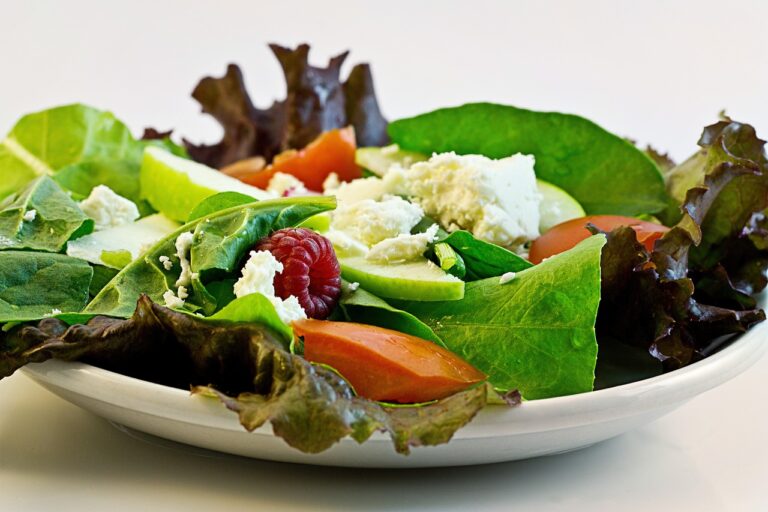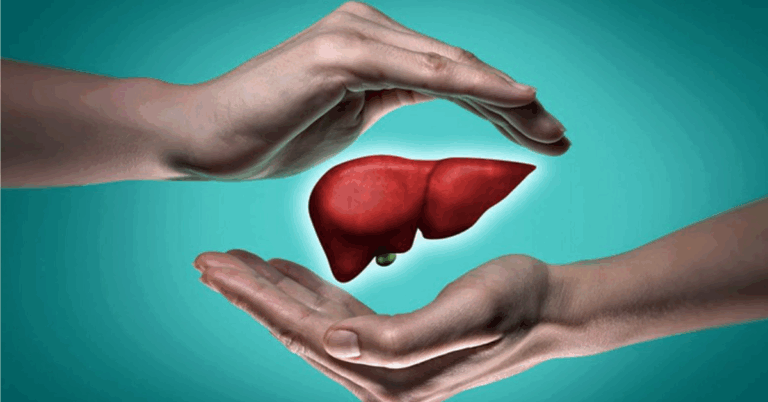The Potential of Functional Foods for Optimizing Athletic Performance
Functional foods play a crucial role in supporting athletes’ performance and recovery. These foods are specially formulated to provide additional health benefits beyond basic nutrition, making them valuable additions to an athlete’s diet. By incorporating functional foods such as protein bars, fortified beverages, and nutrient-dense snacks, athletes can optimize their nutrient intake and fuel their bodies for peak performance.
In addition to aiding in physical performance, functional foods can also help athletes in managing their overall health and well-being. Various functional foods contain antioxidants, anti-inflammatory properties, and other beneficial compounds that can support the body’s immune system, reduce inflammation, and promote faster recovery after intense workouts. With a well-rounded diet that includes these functional foods, athletes can enhance their athletic performance and maintain their competitive edge.
– Functional foods provide additional health benefits beyond basic nutrition
– Athletes can optimize their nutrient intake with functional foods like protein bars and fortified beverages
– These foods can support the immune system, reduce inflammation, and promote faster recovery after workouts
– Including functional foods in a well-rounded diet can enhance athletic performance and maintain a competitive edge
Understanding the Role of Nutrients in Athletic Performance
Adequate nutrition plays a critical role in supporting athletic performance. Consuming the right balance of macronutrients, such as carbohydrates, proteins, and fats, is essential in providing the energy needed for physical activity. Carbohydrates are the body’s primary source of fuel during exercise, while proteins aid in muscle repair and growth.
Moreover, micronutrients like vitamins and minerals also play a key role in supporting athletic performance. For example, iron is important for oxygen transport in the body, crucial for endurance activities. Meanwhile, vitamin D is essential for bone health and muscle function, both vital for overall athletic performance. Consuming a well-rounded diet that includes a variety of nutrients is essential for athletes looking to optimize their performance.
Key Micronutrients for Enhancing Endurance and Strength
Micronutrients play a crucial role in enhancing endurance and strength for athletes. One important micronutrient for athletes is iron, which is essential for delivering oxygen to muscles and preventing fatigue during intense physical activity. Iron-rich foods like lean meats, beans, and fortified cereals can help athletes maintain optimal iron levels for improved performance.
Another key micronutrient for athletes is magnesium, which is involved in over 300 enzymatic reactions in the body, including energy production and muscle function. Magnesium-rich foods such as nuts, seeds, and leafy green vegetables can support muscle contractions and help reduce the risk of cramps during workouts. Ensuring adequate intake of these micronutrients through a balanced diet is essential for athletes looking to enhance their endurance and strength levels.
What are functional foods and how can they benefit athletes?
Functional foods are foods that provide health benefits beyond basic nutrition. For athletes, functional foods can help improve performance, enhance recovery, and support overall health.
How do micronutrients play a role in athletic performance?
Micronutrients are essential for various bodily functions, including energy production, muscle contraction, and recovery. Adequate intake of micronutrients can help athletes perform at their best and recover more effectively.
What are some key micronutrients that can enhance endurance and strength?
Some key micronutrients for enhancing endurance and strength include iron, magnesium, vitamin D, and B-vitamins. These nutrients play crucial roles in energy metabolism, muscle function, and overall athletic performance.
How can athletes ensure they are getting enough micronutrients in their diet?
Athletes can ensure they are getting enough micronutrients by eating a balanced diet rich in fruits, vegetables, whole grains, lean proteins, and dairy products. In some cases, supplementation may be necessary to meet the increased demands of training.
Is it possible to consume too many micronutrients?
While it is rare to consume excessive amounts of micronutrients through food alone, it is possible to overdose on certain nutrients through supplementation. Athletes should be cautious about taking high doses of vitamins and minerals without consulting a healthcare professional.






